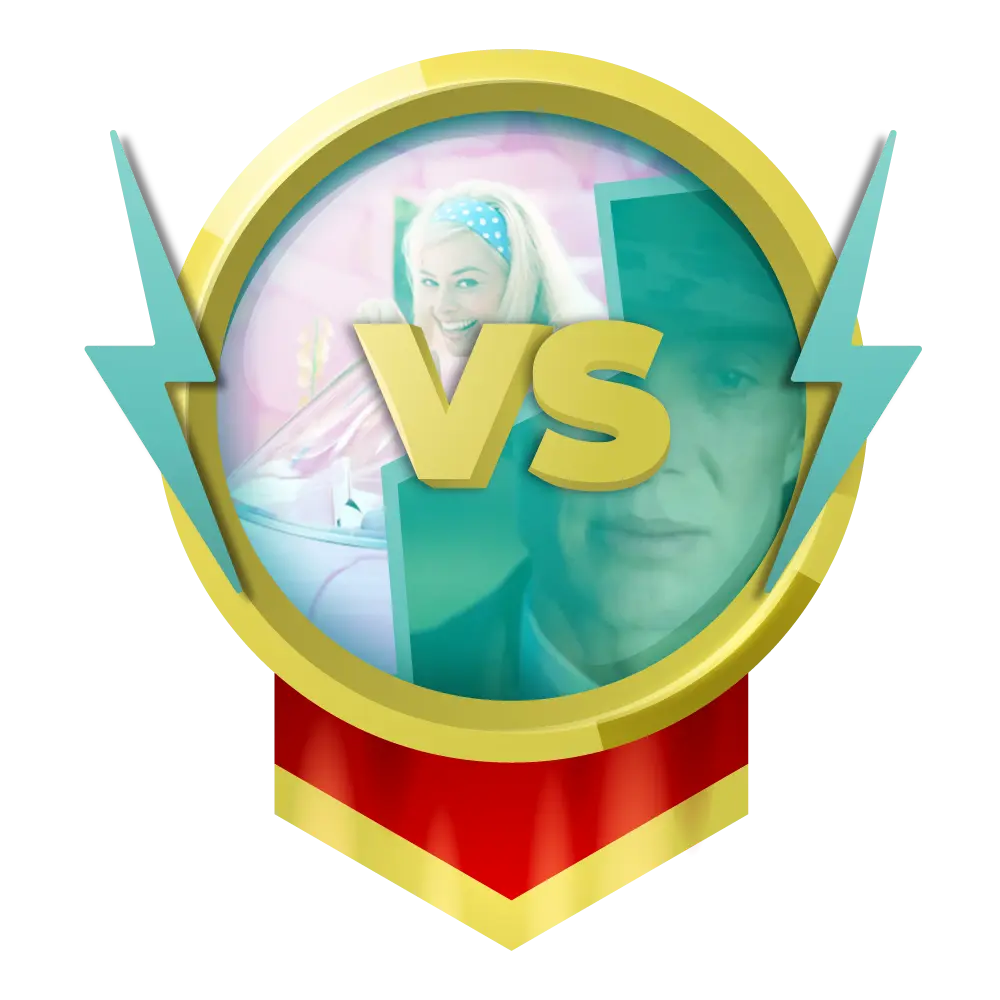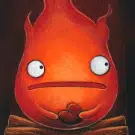 "This isn't the Superman I had in mind."
"This isn't the Superman I had in mind."
"James Gunn's Superman is a mistake."
These thoughts lingered in my mind as I left the theater.
I wanted to write a scathing critique of "Superman" right after, but realized I was more disappointed than mad.
Over the past decade, "Superman Returns" and "Man of Steel" have deeply influenced me. Before Gunn's version premiered, I rewatched both films and also caught up on Richard Donner's 1978 classic. While I anticipated that Gunn would inject his personal style, I never expected him to completely abandon all the previous iterations. To be fair, his film wasn't poorly made—despite some plot weaknesses, he undeniably created something fresh. When I searched online for other viewers' opinions, their responses were predictably polarized: one camp hailed Gunn's "Superman" as the definitive version, while the other camp, like me, considered it a fundamental misinterpretation.
So, who is right and who is wrong?
First of all, I wasn't born in 1978, and I've never read any Superman comics. Yet the 1978 "Superman" resonated deeply with me. (Don't get me wrong. I'm not some nostalgic purist who automatically thinks classic films are the most superior—check my homepage and you'll see that I've reviewed modern films objectively without regard for their reputations.) As a film from the last century, it had both a deliberate pace and a substantial 143-minute runtime. Such length was unusual even then, and today, many viewers would avoid it for that reason alone. However, it kept me totally hooked, not because it was brilliant in a conventional sense, but because it was genuinely different.
If you've only watched superhero films from the 21st century, Donner's approach would seem unusually complex. Until the climax, he rarely focused on Superman himself, instead highlighting the characters surrounding him. He dedicated substantial time to Superman's biological and adoptive parents and childhood classmates, then shifted attention to the people in his adult life—his Daily Planet colleagues, the villain Lex Luthor, and Luthor's accomplices. Through these varied perspectives, Superman's moral nature remained deliberately ambiguous, positioning him as an outsider whose allegiance we couldn't easily determine. When we identified with his parents, he represented hope; when we saw him through the eyes of the school bullies or Luthor, we wondered whether he might resent humanity; when we aligned with his colleagues who saw him as ordinary, we questioned whether he might use his powers to change their perception. This narrative approach may initially seem unfocused, but persevere and you'll discover the common thread—all these perspectives challenged Superman's personal interests.
Ultimately, our questions converged into one: could Superman be himself under the gaze of others?
And following this came an even more crucial question: could Superman also become our friend while being his true self?
In just 30 minutes, Donner answered both questions. When his love interest Lois Lane died unexpectedly, Superman defied his biological father's command not to interfere with human history and revived her by traveling faster than light. This action transcended his father's expectations—his father hoped that he could help humanity, and he did so while altering the human world according to his own will. Then, when he thwarted Luthor's evil plan and honored his promise to Eve Teschmacher (Luthor's lover; once she learned about Luthor's plan to sacrifice her mother, she helped Superman remove the imprisoning kryptonite after he promised to save her mother), we could confirm that Superman stood firmly on the side of goodness. He opposed villains, constrained his superpowers within the human concept of trust, and placed humanity's collective interests above his own.
In contrast, today's superhero films, whether DC or Marvel, typically establish the protagonist's moral alignment within minutes, then devote most of their runtime to showing how these characters use superpowers to achieve personal goals. Though DC adopts a more serious tone, it fundamentally resembles Marvel—both franchises challenge their protagonists' limits through various tests. This approach offers viewers a clear assessment of the heroes' powers and simultaneously fuels endless fan debates about which characters are stronger. This ultimately trivializes the deeper significance of superheroes. After all, preoccupation with raw power is childish; mature perspectives consider whether abilities are used responsibly. The comparison of superpowers itself offers little, if not no, value. Consider the school context—your classmates have varying abilities, but what matters isn't their individual strengths but how effectively they collaborate with you on mandatory group projects.
Cooperation necessitates regulation, and regulation builds the foundation for trust. Though this process may seem complex, the superhero system would collapse without it. In a previous article, I explored Spider-Man's significance. If Spider-Man's story showed us that anyone can become a superhero, Superman's narrative convinced us that even beings with extraordinary powers can become humanity's allies. These two concepts balance each other out like opposite ends of a scale, maintaining equilibrium in the superhero paradigm.
At this point, you might ask, “Wasn't Gunn's Superman also striving to become humanity's friend?”
True, but his fundamental problem was that he failed to be himself.
Look closely and you'll see that he was practically a runway model parading under everyone else's gaze.
At the film's opening, Gunn portrayed Superman as a failure. He crashed onto the frozen ground like a fallen meteor. Severely injured and immobile, he repeatedly called for his super dog, Krypto, to take him home. Instead, Krypto not only ignored his pleas but also continued to play roughly with him. It finally brought Superman home right before he was nearly dead. This scene transcended absurdity without being humorous. It was either trying to show Krypto's indifference or its lack of intelligence. Throughout the film, the super dog repeatedly disregarded Superman's requests. Even considering today's enhanced sensitivity to animal rights, is this considered a healthy human-animal relationship? I didn't see equality between them—instead, Superman had to submit to the dog's will.
It also came to my attention that Superman continually compromised himself during the course of the film. For instance, he used his position as a journalist to write favorable coverage about his alter ego because he cared about online public opinion. In another example, he delegated the task of subduing an extradimensional monster to the significantly less capable Justice Gang just to prove his devotion to Lane. In Gunn's portrayal, Superman existed primarily to satisfy others' expectations. Regarding his Kryptonian heritage, Gunn introduced a twist where Luthor revealed that Superman's biological parents actually commanded him to rule Earth rather than help humanity. While this narrative choice may be commendable, the resolution undermined it—instead of allowing Superman to determine his own path, his adoptive father dictated his choices in a stern, John Wick-esque manner. Viewers witnessed Superman simply transferring his allegiance from one authority figure to another. Could such a character truly embody Superman? How could he inspire spiritual strength in others? I couldn't accept this version of Superman because the strength of will should always matter more than physical power in superhero storytelling.
Gunn has killed Superman. No matter how popular this interpretation becomes, his Superman remains merely a puppet controlled by others' gazes.





















































View replies 1
View replies 1
View replies 1